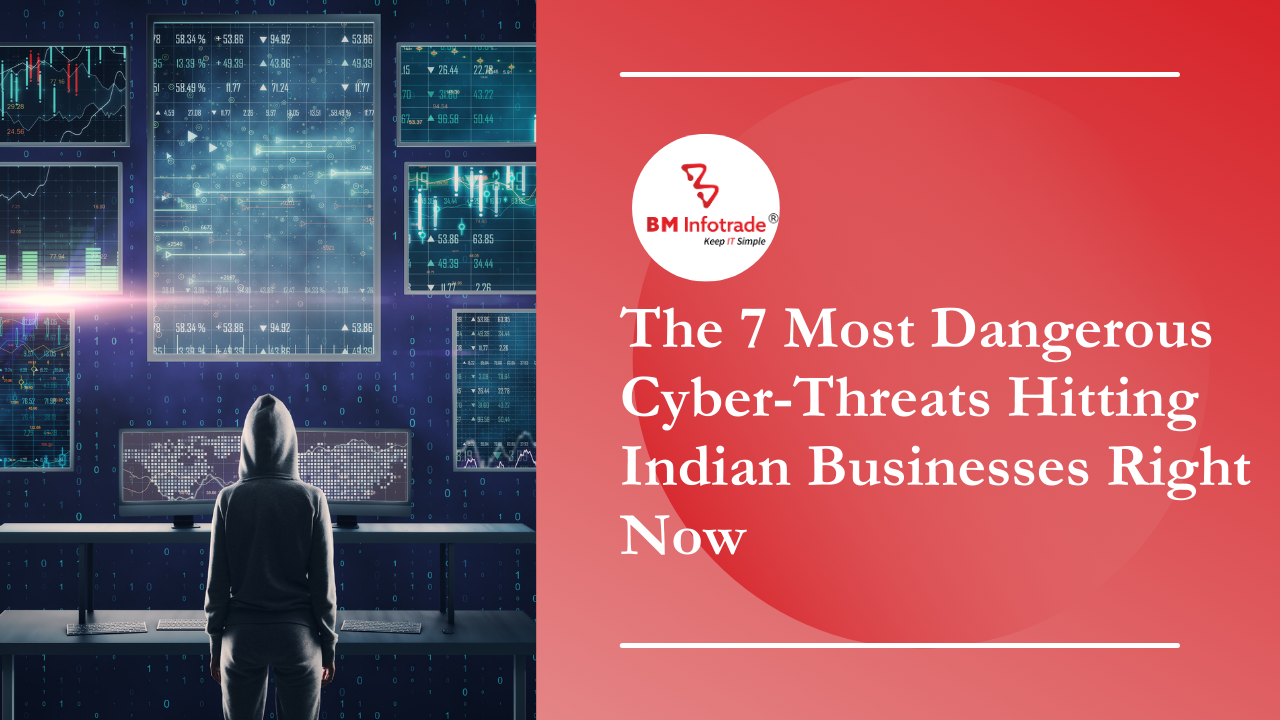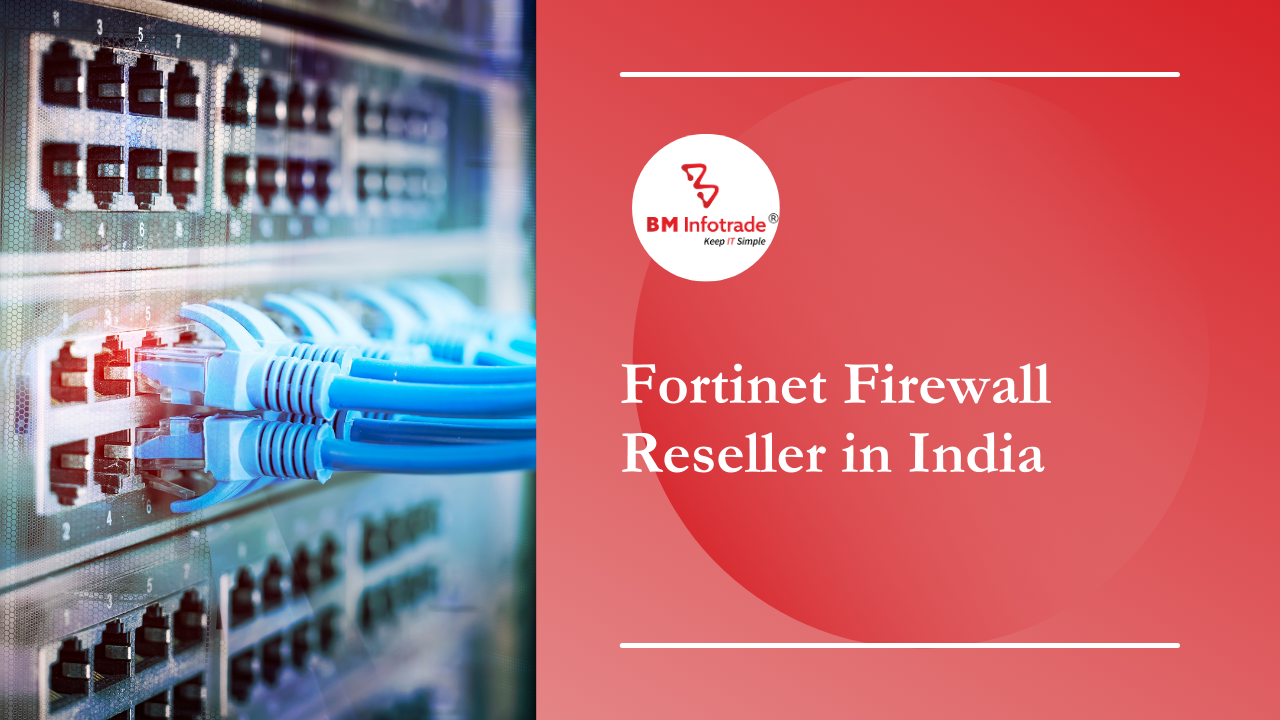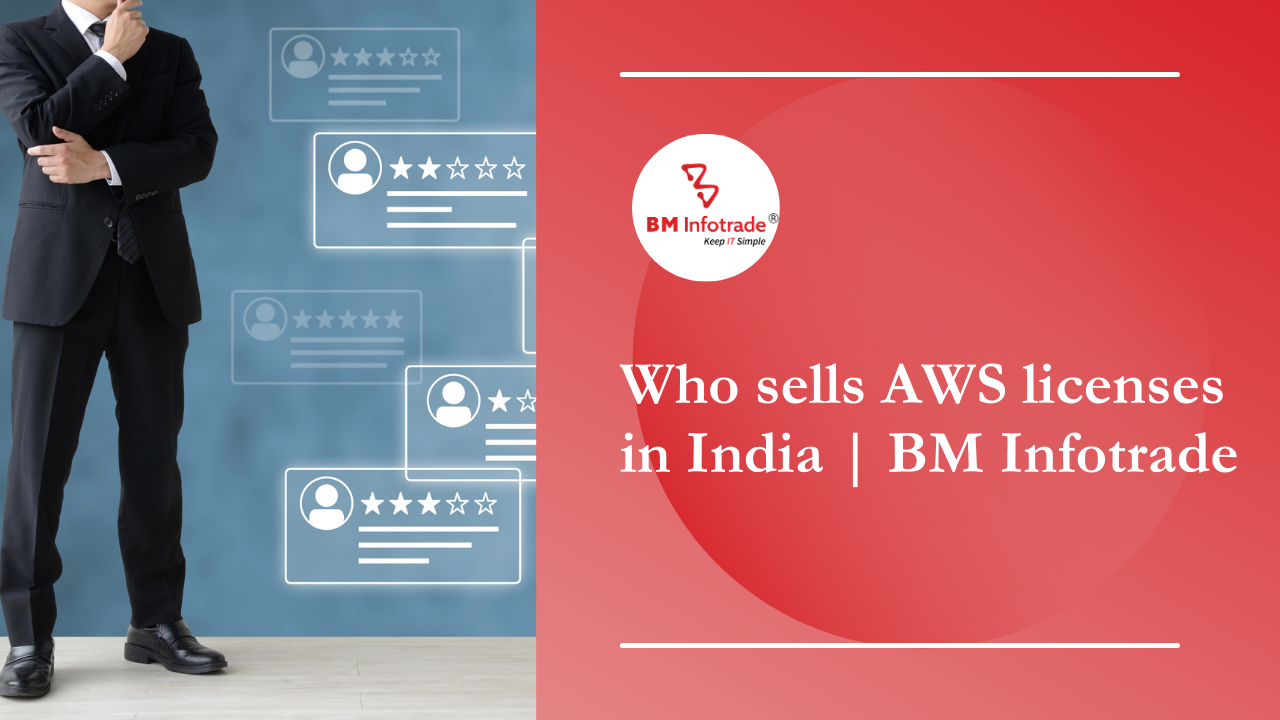Hyper Converged vs Cloud: Differences and similarity.
Hyper Converged vs Cloud: When creating the underlying infrastructure, a cloud environment uses sophisticated automation and orchestration

Hyper Converged vs Cloud: Differences and similarity.
Table of Contents
Hyper Converged vs Cloud : When creating the underlying infrastructure, a cloud environment uses sophisticated automation and orchestration that is specifically focused on the user experience. With a rigid node-based architecture that greatly simplifies administration but reduces flexibility, hyper-convergence focuses more on simplifying IT.
What Differs a Cloud from a Hyperconverged Infrastructure?
It's crucial to understand that while cloud computing and hyperconverged infrastructure complement each other, they are separate concepts. Although they take different approaches to doing so, both of these technologies aim to achieve the best infrastructure management automation.
But this is also why they get along so well when it comes to managing workload, maintaining resources, and maintaining data. Organizations can create a flexible and manageable data center infrastructure using hyperconverged infrastructure (HCI), a centralized software-defined approach.
HCI software is a collection of adaptable building blocks that make use of software intelligence. The software combines all of your company's virtualization, networking, compute, and storage needs into a single solution.
Your vital business data is safeguarded by a fully distributed and secure storage system created by HCI. It offers business features like de-duplication, compression, snapshots, cloning, encryption services, and data-tiering.
HCI and cloud computing

IT simplification and virtual workload deployment speed are the two main goals of hyper-convergence. Little has changed in terms of how we communicate with those workloads or the infrastructure that underlies them. The cloud, on the other hand, signifies a paradigm shift that has an impact on how we implement applications, store data, and deliver services. For easier access to and use of resources, the cloud puts user’s front and center.
The cloud and HCI don't, however, preclude one another. One option for an organization is to use an HCI platform to deploy a dedicated private cloud. The flexibility that comes with the cloud is somewhat constrained by this, but it can make implementation and management simpler while combining the best features of both worlds on a single platform.
Read more:- What is Cloud Computing?
Hyper-converged cloud, distributed cloud, and traditional infrastructure
The enterprise has largely adopted cloud computing. Organizations now deploy private clouds in their own data centers or other facilities, possibly using an open-source platform like OpenStack, in addition to using public cloud services for their application and data needs. However, setting up a cloud infrastructure is not a simple task, and the advantages of using public cloud services must be carefully compared.
In the long run, the HCI software market could be completely disrupted by cloud providers like Amazon, Google, Microsoft, and Oracle. With products like Amazon Outposts, Google Anthos, Microsoft Azure Stack Hub, and Oracle Cloud at Customer from its Oracle Cloud Infrastructure solution, they are expanding their cloud offerings to on-premises infrastructure.
By utilizing IaaS providers for their own infrastructures, which use easier-to-manage HCI software, I&O leaders will have an alternative to the public cloud and private data centers.
The most performance-sensitive applications can now be supported by traditional three-tier infrastructure platforms, which are evolving and getting cheaper, easier to manage, and more effective.
Hyper-converged infrastructures have become more popular over the past five years and are now being taken into account as alternatives to conventional server and storage systems in data center modernization projects to enable a software-defined approach to the data center and edge deployments.
With tightly locked, hyper-integrated building blocks, HCI provides you with a dependable and stable operating environment.
HCI is benefiting big data workloads, proper data protection, and centralized data management, which is why it is becoming more and more popular among businesses.
Data centers are made available to numerous users via the internet with asserted access thanks to the cloud. It gives businesses access to always-on, on-demand system resources without requiring direct management.
To run programs and share data with others, cloud computing and storage replace local computing and storage. This enables companies to reduce or forgo initial IT infrastructure costs. The cloud enables IT teams to deploy applications precisely as required with swift action and minimal infrastructure management overhead.
Therefore, HCI promotes the cloud by providing a straightforward and effective environment for you to set up your database on the cloud.HCI is a structured, scalable, easy-to-use, and affordable way to set up a cloud, whether it be private, public, or hybrid.
HCI works incredibly well with private infrastructure when it is simply connected to the current cluster because it is located on-site.
HCI combines the internal storage of physical computers into a standard storage system useful for networking virtualization, compute virtualization, and storage.
You can easily deploy cloud-like infrastructure on-premises with hyperconverged infrastructure, giving you greater control and better security. A workflow that combines HCI and the cloud offers excellent deployment operations, backups, and disaster recovery.
Read more:- The best cloud storage services in the world
Conclusion:
A technical development in data center architecture known as "hyper-converged infrastructure" makes use of the hypervisor to provide virtualized computing, networking, and storage from a single server platform.







Anshul Goyal
Group BDM at B M Infotrade | 11+ years Experience | Business Consultancy | Providing solutions in Cyber Security, Data Analytics, Cloud Computing, Digitization, Data and AI | IT Sales Leader